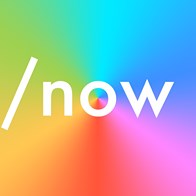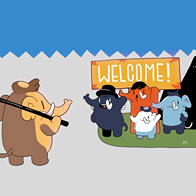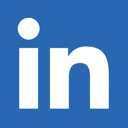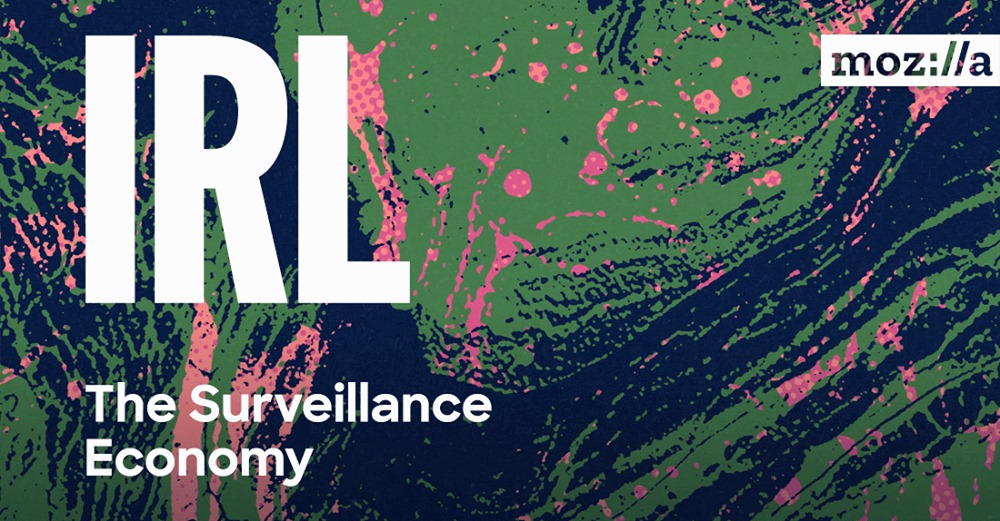Jeremiah Lee ![]()
August 1 at 11:22 AM • 
I am deleting
my Facebook account,
but I am not unfriending you.
You, Some Rando, and 14 others
Jeremiah Lee ![]()
2020-09-01 update: After a month-long campaign, I deleted my Facebook account.
Jeremiah Lee ![]()
2021-09-01 update: A year later, my fears about quitting were not actualized, my mental health improved, and Facebook continued to harm society.



